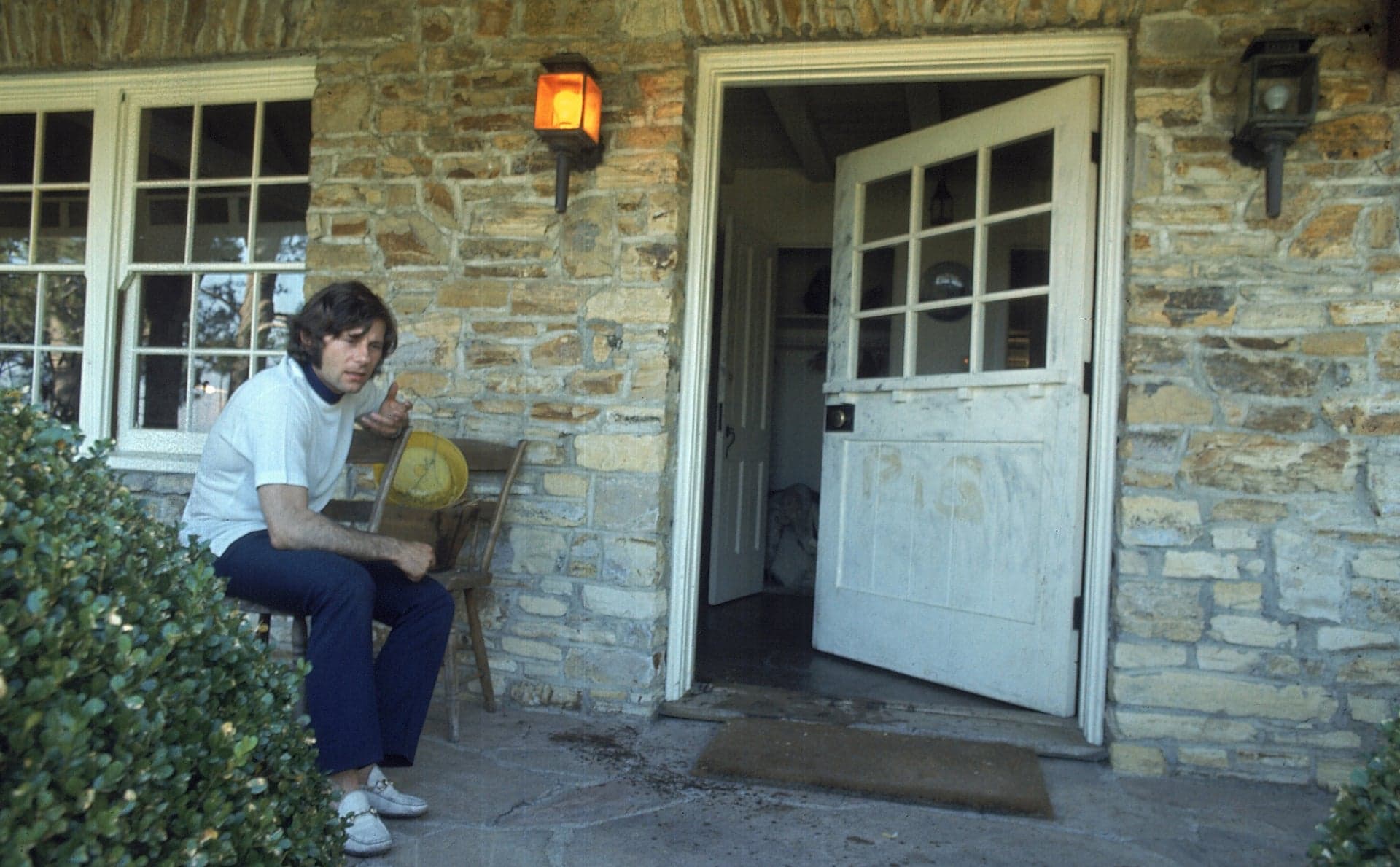On August 9, 1969, members of Charles Manson’s cult kill five people in movie director Roman Polanski’s Beverly Hills, California, home, including Polanski’s pregnant wife, actress Sharon Tate. Less than two days later, the group killed again, murdering supermarket executive Leno LaBianca and his wife Rosemary in their home. The savage crimes shocked the nation and turned Charles Manson into a criminal icon.
Manson was born in Cincinnati, Ohio, in 1934 to an unwed 16-year-old mother. He spent much of his childhood in juvenile reformatories and his early adulthood in prison. After his release in 1967, Manson moved to California and used his unlikely magnetism to attract a group of hippies and set up a commune, where drugs and orgies were common, on the outskirts of Los Angeles. Manson preached his own blend of eccentric religious teachings to his acolytes, who called themselves his “Family.”
WATCH: Manson Speaks: Inside the Mind of a Madman on HISTORY Vault
Roman Polanski (Rosemary’s Baby, Chinatown, The Pianist), was not the cult leader’s intended target. Manson, an aspiring musician, chose the Polanski house because he had once unsuccessfully tried to get a recording deal from a producer who used to live there. Polanski was out of town at the time of the murders, but his wife and her friends, including coffee heiress Abigail Folger, were shot or stabbed to death. Manson stayed out of the Polanski house on the night of the crime and didn’t take part in the LaBianca killings either. However, he would later be charged with murder on the grounds he had influenced his followers and masterminded the crimes.
After initially eluding police suspicion, Manson was arrested only after one of his followers, already in jail on a different charge, started bragging about what had happened. Manson’s subsequent trial became a national spectacle, in which he exhibited bizarre and violent behavior. In 1971, he was convicted and given the death penalty; however, that sentence became life behind bars when the California Supreme Court overturned the death penalty in 1972.
Manson has been the subject of numerous movies and books, including the best-seller Helter Skelter (the title is a reference to a Beatles’ song of the same name, through which Manson believed the group was sending secret messages to start a race war). Manson died in prison in 2017.
READ MORE: How Charles Manson Got Under America's Skin

